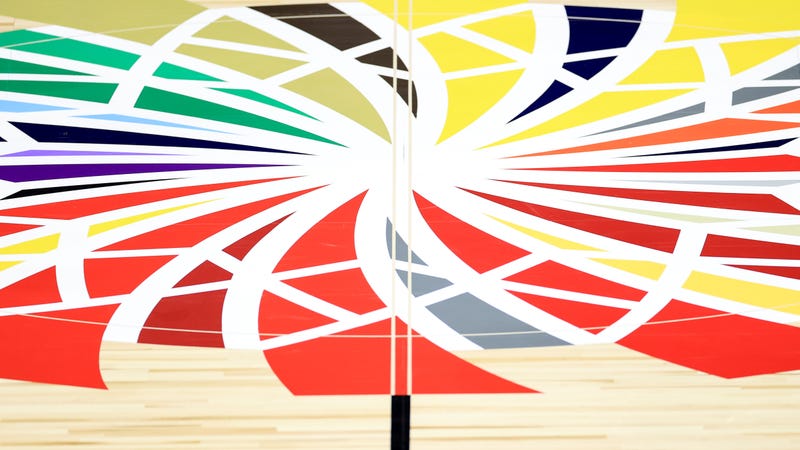
Last week, a monumental decision by the NCAA took effect, allowing players to cash in on their name, image and likeness. After decades of standing its ground on amateurism, it's a game changer for college athletes.
Within hours of the announcement, Fresno State basketball twins Haley and Hanna Cavinder posted the first #ad with a supplement company. Former Minnehaha Academy hooper Hercy Miller, son of rapper Master P, signed a $2 million endorsement before his first game at Tennessee State. Some athletes with hundreds of thousands to millions of followers will have brands lining up.
The flood gates opened to opportunities, but not everyone is ready to dive right in.
"Most agencies and potential corporate sponsorships are looking for rules," Bob Nelson, managing partner and cofounder of Minnesota-based Authentic Sports Marketing, said. "People are a little bit hesitant and scared because each state has different policies or no policies and so it's really uncharted waters."
Minnesota is one of about half of states without an NIL law on the books.
Estimates from sports business reporter Darren Rovell said, based on social media following, Minnesota-connected athletes, U wrestler Gable Steveson, Hopkins grad Paige Bueckers and Minnehaha Academy star Chet Holmgren have the following to cash in.
"Seeing how a convergence of how unique stories and unique opportunities for some of these athletes could come together," Scott Broberg, chief integration officer with Fast Horse, a Minneapolis marketing agency, said. "I think of somebody with local ties like Paige Bueckers who has got a big social media following, has a high-profile stage in playing basketball at Connecticut, and having the Final Four here in her hometown of the Twin Cities, could end up being really lucrative for her."
Broberg also said he's interested to see if the NIL rules attract recruits to major markets like the Twin Cities with a large population of major corporations.
The job of being an influencer or content creator is often the butt of jokes, but it's hard work. The bar has been raised in the quality of content, and there's the complication of potentially finding representation, following legal disclosures, negotiating deals, and doing taxes. Many colleges use a third party to negotiate sponsorships and rights. Now brands can go right to the athletes.
Some coaches like Holgrem's coach at Gonzaga Mark Few have said there need to be protections on the recruiting process. Doug Holtzman, vice president of business development at Sportsdigita which has an office in Minneapolis, said he's watching out for potential repercussions, especially with universities that turn out ultra-wealthy alums.
"Now you're an alum. Are you going to support the team? Are they going to support the coach? Or can they say to themselves -- and this is what I think is going to be the most intriguing thing is -- all of a sudden, what if he goes and says, 'We haven't had a great basketball team for years. What if I get these five athletes on my team, play them a lot of money to endorse me company, and all of a sudden the school's going to have a pretty good team."
Some colleges have embraced the change, hoping to aid recruiting. The Texas Soccer team posted that the university was "no better place to build your brand." Louisiana State University changed it profile picture on social media to NILSU to show its alignment with the policy. And Nebraska did another play on words with #NILbraska.
The U of M has not gone that direction.
In a statement, the athletics department said it's developed a plan for NIL and will share with coaches and student-athletes "soon" and with the public "when appropriate."
